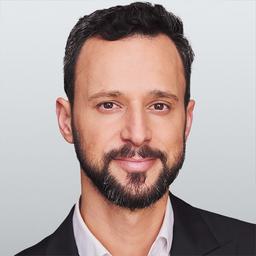Commentary
The appointment of Robert F. Kennedy Jr. as the secretary of the Department of Health and Human Services (HHS) marks a dramatic shift in the nation’s approach to public health—one that is already generating both praise and controversy. Kennedy’s leadership is expected to challenge longstanding health policies, regulatory frameworks, and industry practices, particularly in areas such as chronic disease, food safety, and medical accountability.





